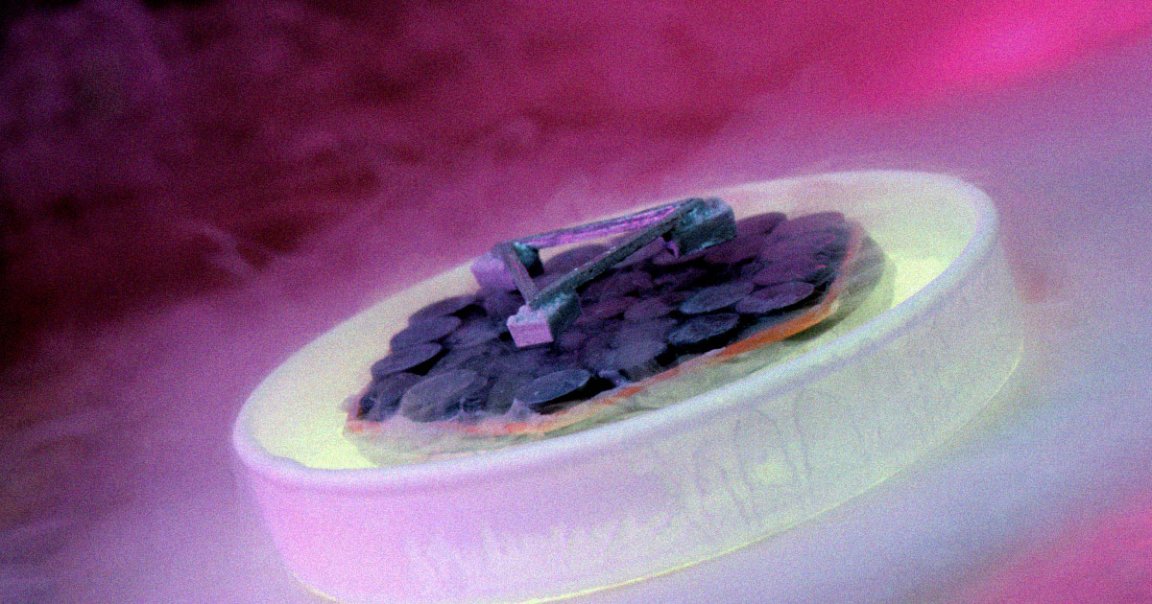
Science Scandal
Researchers at South Korea’s Quantum Energy Research Centre made a huge splash when they announced a few weeks back that they’d accomplished a potentially groundbreaking first: a “room-temperature ambient pressure superconductor.”
In simple terms, superconductors can conduct electricity without any loss of energy. Conventionally, they need to be cooled to cryogenic temperatures or subjected to immense pressure.
But a new lead-based material dubbed LK-99, as detailed in the pair of yet-to-be-peer-reviewed papers, is meant to change all that, exhibiting what its creators say is perfect conductivity at temperatures up to a blistering 260 degrees Fahrenheit. It can even purportedly levitate above a permanent magnet, a telltale sign that it could be a superconductor.
The controversial research sparked plenty of criticism, with experts pointing out that such an extraordinary claim required extraordinary evidence — which simply hasn’t materialized yet.
And more and more researchers are piling on, Science reports, the potentially revolutionary discovery is quickly being enveloped by a thick blanket of skepticism.
Is LK-99 too good to be true? If it holds up, the material could usher in a new era of levitating vehicles, vastly improve the efficiency of power grids, and more. But given the growing amount of evidence to the contrary, it’s more likely that we’re looking at a scandal — and not a glimpse into the future.
Fishy Data
For one, experts say the data was presented in a haphazard and unconvincing way.
The two papers’ authors “come off as real amateurs,” Michael Norman, a theorist at Argonne National Laboratory, told Science. “They don’t know much about superconductivity and the way they’ve presented some of the data is fishy.”
“I appreciate that the authors took appropriate data and were clear about their fabrication techniques,” added Nadya Mason, a condensed matter physicist at the University of Illinois Urbana-Champaign. But the “data seems a bit sloppy,” she told Science.
Shortly after the two papers were published, reports emerged that they had been “published without permission,” indicating that the original authors didn’t intend to publish them in the first place.
Meanwhile, over a dozen preprints have been shared on arXiv, theorizing about the existence of LK-99 and its purported ability to perfectly conduct electricity.
The outcomes vary significantly, as Science points out, from one team arguing the material would need to be even cooler than other conventional superconductors, while others hinted at the material’s potential.
It’s a growing scandal that has divided much of the scientific community. And until we see an independent verification of the researchers’ data, we can only guess as to where the conversation will go next.
But given the increasingly predominant air of skepticism, we’re not overly optimistic.
More on the discovery: Claim of “Room-Temperature” Superconductor Is Tearing the Scientific World Apart